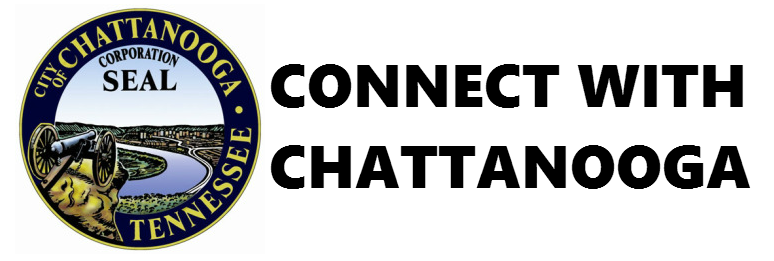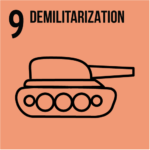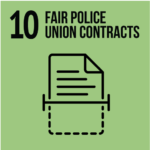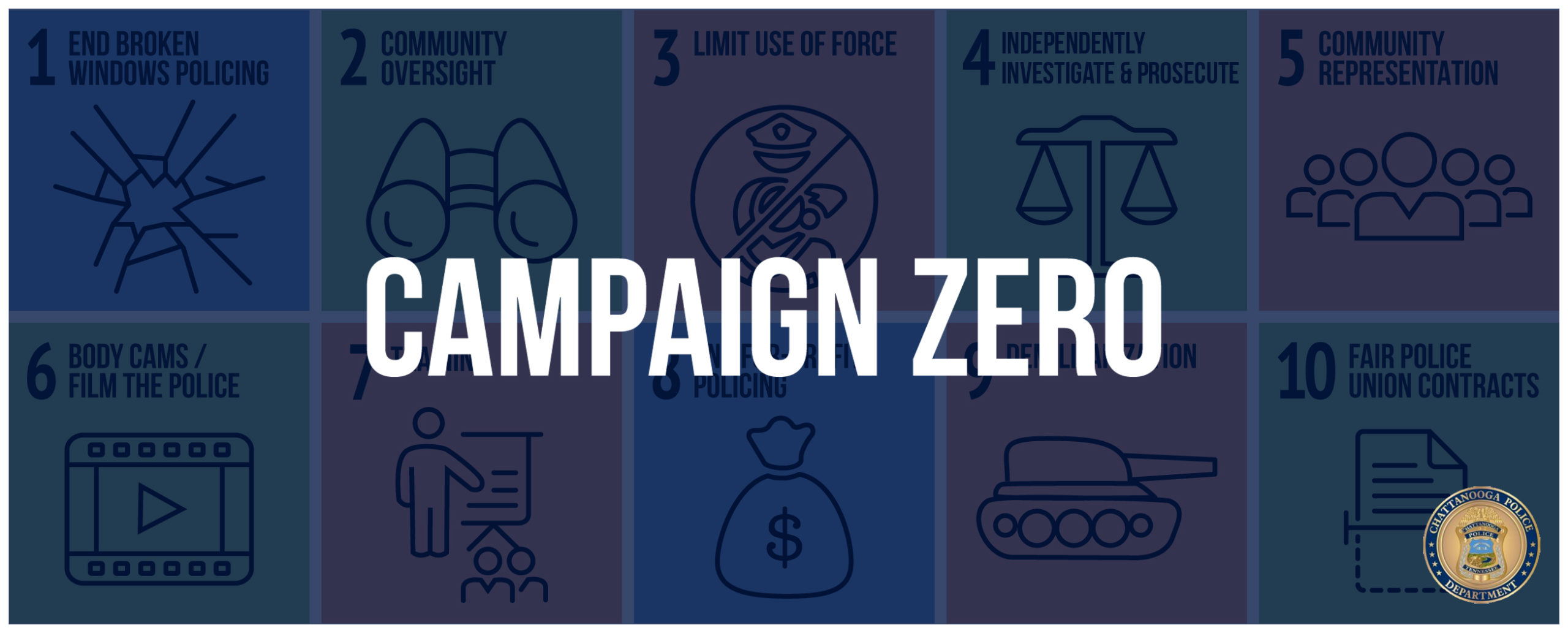
Campaign Zero is a police reform campaign launched in 2015. The plan consists of ten proposals aimed at reducing police violence. Nine of the policies it recommends are in place at the Chattanooga Police Department.The other policy addresses police union contracts which does not apply to CPD Officers as we do not have employee contracts.
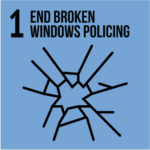 Broken Windows Policing
Broken Windows Policing
The Chattanooga Police Department works extensively with the Joe Johnson Mental Health Center, Focus Treatment Center, Hamilton County Coalition, and other agencies to assist instead of arrest, as much as possible, community members who are in crisis. Additionally, the department is very involved with assisting the LatinX community through partnership with La Paz.
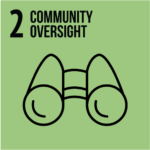
Community Oversight
The Chattanooga City Council voted in May, 2019 to approve a citizen oversight board of the police department. The nine-member board is called the Police Advisory and Review Committee. It, according to the ordinance, is a civilian investigative entity to review cases of police misconduct. Its purpose is to strengthen the relationship between community members and police officers and to assure timely, fair, and objective review of citizen complaints while protecting the individual rights of police officers.
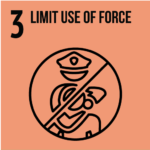 Limit Use of Force
Limit Use of Force
The Chattanooga Police Department has a detailed, 12-page Use of Force policy. Officers of the Chattanooga Police Department shall use only the minimum level of force necessary to conduct lawful public safety activities and accomplish the mission of the department. The level of force used by a police officer in any given situation is dependent on the level of resistance presented by the person with whom the officer is dealing. Officers shall document the use of non-deadly force by completing a Use of Force Report. Additionally, Mayor Andy Berke signed the My Brother’s Keeper Alliance to review CPD’s Use of Force policy and make any reforms that may be needed to protect community members and officers.
Click here to view CPD's Use of Force Policy

Independently Investigate and Prosecute
The Hamilton County District Attorney determines who will investigate when an officer kills or uses deadly force on a civilian.
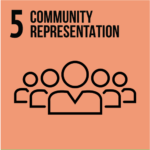
Community Representation
The Chattanooga Police Department created an incentive-based recruiting program as well as revamping some of the testing process for incoming cadets.
In 2016,“Each One Reach One” was established to offer financial incentive to community members who successfully recruit a minority candidate to the CPD Police Academy. CPD also has a minority internship program that introduces and helps prepare candidates for the academy as well as helps CPD gain greater exposure to underrepresented communities in Chattanooga.
CPD has made significant changes to the written and physical ability tests for incoming candidates in an effort to remove any disparate barriers to becoming a Chattanooga Police Officer. The written test was changed to nationally recognized Nelson-Denny Reading Comprehension and Vocabulary Test. A sample test is now publicly available on chattanooga.gov. The physical aptitude test was simplified to five exercises and now scored as Pass/Fail.
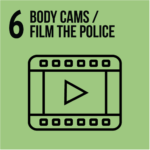
Body Cams/Film the Police
The Chattanooga Police Department implemented policy and use of body-worn cameras in August 2017 to create additional transparency and accountability. The BWC video is available publicly through FOIA and the policy includes officer usage directives as well as retention parameters.
Click here to view CPD's Digital Recording Systems Policy (OPS-63)
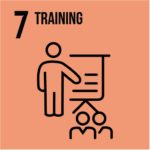
Training
The Chattanooga Police Department’s academy training includes many hours of instruction and active participation in various communities. These include:
Community Immersion which requires CPD cadets to spend approximately 50 hours with a specific community group learning about history, values, and challenges faced. The cadets then present what they've learned to their peers, officers, and members of the community. The purpose of the Community Immersion Program is to expand cultural understanding and improve relationships between CPD officers and community members of Chattanooga in order to provide better service to the people they will protect and serve upon graduation.
Neighborhood Partners involves community members of each of CPD’s sectors dialoguing with cadets on what they expect from them once they’re patrolling in the neighborhoods. This program was started in 2019.
Poverty Simulation Since 2015, the Chattanooga Police Department has been working with Southern Adventist University School of Social Work to address implicit biases officers may have toward various minority groups. In 2018, thanks to grant funding, CPD and SAU began implementing the Community Action Poverty Simulation. This provides cadets with a better understanding of the economic and societal barriers experienced by those living at or below the poverty line.
End for-profit policing
CPD does not have a quota system for tickets. It’s a violation of state law - T.C.A. § 39-16-516 and against public policy in the State of Tennessee T.C.A. § 39-16-516 strictly prohibits a political agency of the state from requiring an officer to issue a predetermined number of any type or combination of types of traffic citations within a specified period.
Additionally, included in CPD’s Traffic Enforcement Policy: Biased-Based Profiling
The practice of "biased-based profiling," or using race, gender and age as a reason for stopping motorists does not meet either constitutional or ethical standards for a valid traffic stop. Officers shall not engage in this practice under any circumstances and failure to comply shall result in disciplinary action for conduct unbecoming an officer.
Demilitarization
The Chattanooga Police Department has not requested anything from the federal government’s 1033 program in the last four years. This year the CPD Explosive Ordnance Disposal Unit requested a robot to be used when responding to active EOD (bomb threat) calls.
Fair Police Union Contracts
Tennessee is a right to work state, therefore, Chattanooga Police Officers do not sign contracts with police unions.
